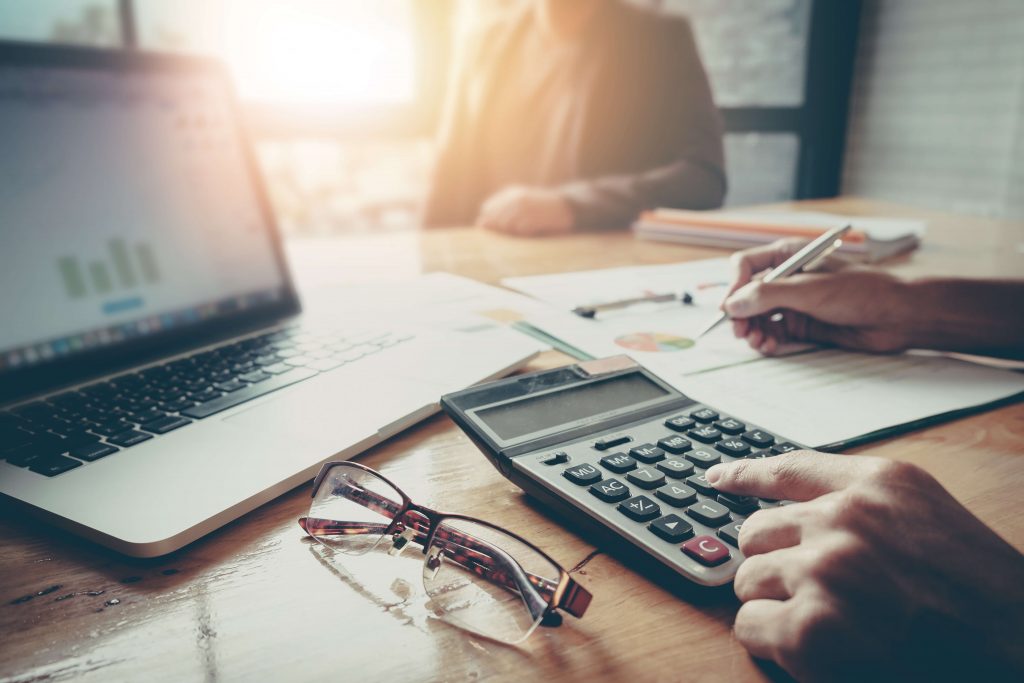Most importantly make sure you register with the tax office within three months of starting up in business. You are responsible for paying your own personal tax and National Insurance, and will have to fill in a tax return each year. Business profits will be taxed, but you can take allowable expenses. Income tax is charged on all profit above your personal tax allowance. Tax allowances depend on your personal circumstance.
Income tax on income above personal allowance is paid at 10% for the first £2,090 earned, then 22% on earnings up to £32,400 and a higher rate of 40% on any income above that.
Bear in mind that you pay income on the profit you make and not on the salary you pay yourself! This can be problematic especially if you are paying yourself a low salary, and ploughing most of the money back into the business.
As a self employed person you must also make flat-rate National Insurance contributions throughout the year (Class 2 contributions). In addition you also pay National Insurance contributions on your profits (Class 4 contributions) and these are collected with your tax. Although the self employed pay less National Insurance than employees, there are obviously significantly fewer benefits. Rates change every year.
Ideally book at appointment with a qualified accountant in the early stages of setting up in business. Many offer a free initial consultation, which can be invaluable, and help from an accountant makes the paperwork much easier to handle. Too often people wait until they receive their first self assessment tax return before they contact an accountant (sometimes in desperation!) and find they could have made life a lot easier for themselves with a bit of forward planning.
Self employed people should get a tax return in April and need to complete all details of taxable income, gains and tax allowances. If you return the form by September 30 HM Revenue & Customs will work out how much tax you have to pay. Otherwise, you have until January 31 to return the form and have to work out yourself how much tax you owe. (And accountants get inundated at this time of year and won’t look favourably on a new client who wants to pass on the hassle of this job at the last minute!)
As a self employed person you must keep records and receipts for all your business dealings, and use these to work out allowable expenses etc. (See separate article on business expenses.) After your first year in business, your tax will be due in two equal instalments – at present this is on January 31 (during the current year) and July 31 in the following year. These initial amounts are based on the previous year’s tax bill. There will also be a balancing payment due on the following January 31st which is to adjust for the difference between the amounts paid and the tax due as a result of the actual profits and gains. Fines and interest have to be paid on late payments and returns.




